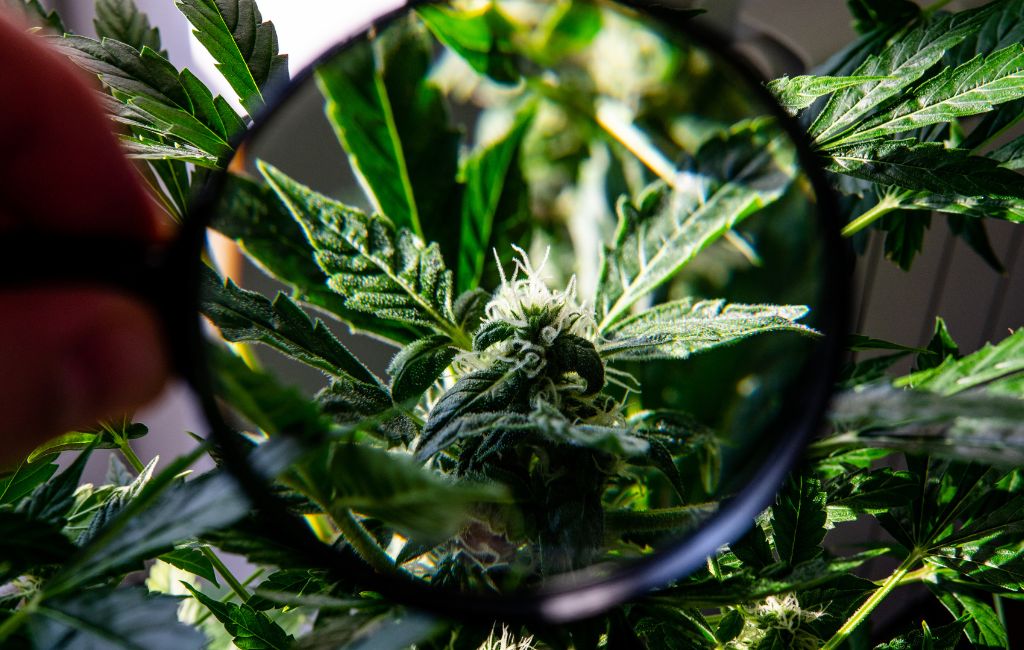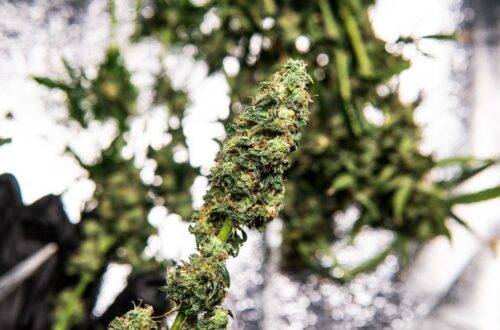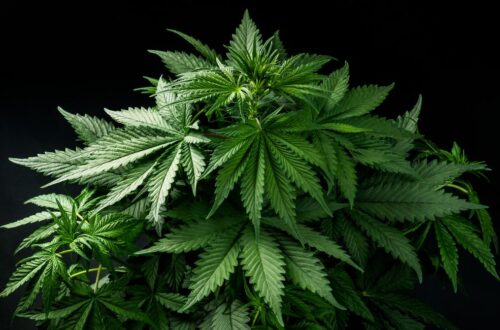Discover the Benefits of THCa Flower for Sleep
In recent years, the exploration of cannabis and its compounds has gained significant attention, particularly in the context of health and wellness. One compound that has emerged as a potential aid for sleep is THCa, or tetrahydrocannabinolic acid. This article delves into the benefits of THCa flower for sleep, providing insights into how it may help improve sleep quality and duration.
Understanding THCa: The Basics
THCa is a non-psychoactive cannabinoid found in raw and live cannabis plants. Unlike THC, which is known for its psychoactive effects, THCa does not produce a “high.” This makes it an appealing option for those seeking the therapeutic benefits of cannabis without the mind-altering effects.
When cannabis is heated, THCa converts into THC through a process called decarboxylation. However, when consumed in its raw form, THCa retains its non-psychoactive properties, offering a different set of benefits.
How THCa Flower Can Aid Sleep
Research suggests that THCa may have several properties that contribute to better sleep:
- Anti-inflammatory Effects: Inflammation can disrupt sleep patterns. THCa’s anti-inflammatory properties may help reduce inflammation, promoting a more restful sleep.
- Neuroprotective Properties: THCa has been studied for its potential neuroprotective effects, which may help in calming the nervous system and facilitating sleep.
- Analgesic Benefits: Pain is a common barrier to sleep. THCa’s potential analgesic properties may help alleviate pain, making it easier to fall and stay asleep.
Scientific Studies and Evidence
While research on THCa is still in its early stages, several studies have highlighted its potential benefits:
- A study published in the Journal of Clinical Pharmacology found that cannabinoids, including THCa, may help improve sleep quality by interacting with the body’s endocannabinoid system.
- Research in the Journal of Neurochemistry suggested that THCa might have neuroprotective effects, which could contribute to better sleep by reducing anxiety and stress.
- Another study in the Journal of Pain Research indicated that THCa could have analgesic properties, potentially aiding those who experience pain-related sleep disturbances.
Real-Life Examples and Case Studies
Several anecdotal reports and case studies have highlighted the positive impact of THCa flower on sleep:
- Case Study 1: A patient with chronic pain reported improved sleep quality after incorporating THCa flower into their nightly routine. The patient experienced reduced pain levels, leading to longer and more restful sleep.
- Case Study 2: An individual with anxiety-related sleep disturbances found that consuming THCa flower helped calm their mind, allowing them to fall asleep more easily and stay asleep throughout the night.
How to Use THCa Flower for Sleep
For those interested in trying THCa flower for sleep, there are several methods of consumption:
- Raw Consumption: THCa can be consumed in its raw form by adding it to smoothies or salads. This method preserves its non-psychoactive properties.
- Tinctures and Oils: THCa tinctures and oils can be taken sublingually, providing a convenient and controlled way to consume the compound.
- Topicals: For localized pain relief, THCa-infused topicals can be applied directly to the skin, potentially aiding sleep by reducing discomfort.
Potential Side Effects and Considerations
While THCa is generally considered safe, some individuals may experience mild side effects:
- Digestive Issues: Some users report mild digestive discomfort when consuming raw cannabis.
- Allergic Reactions: As with any natural product, there is a potential for allergic reactions. It’s advisable to start with a small dose to assess tolerance.
Conclusion
THCa flower presents a promising option for those seeking natural sleep aids. Its potential anti-inflammatory, neuroprotective, and analgesic properties make it an attractive choice for improving sleep quality. While more research is needed to fully understand its effects, existing studies and anecdotal evidence suggest that THCa could be a valuable addition to a sleep-enhancing routine. As with any supplement, it’s advisable to consult with a healthcare professional before incorporating THCa into your regimen.





